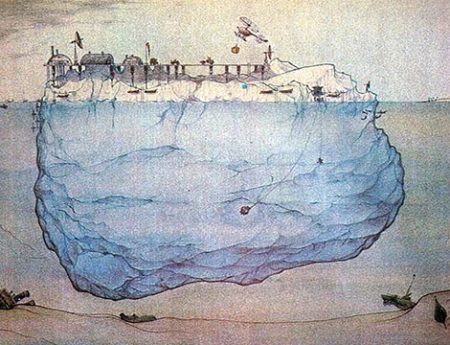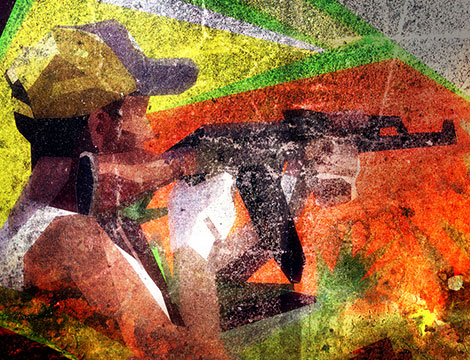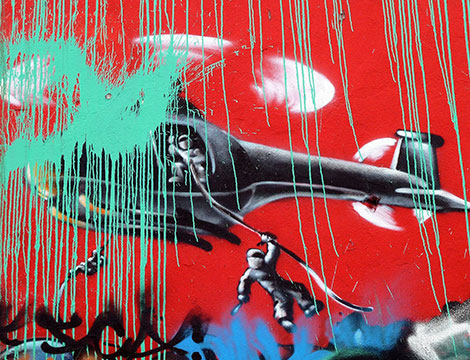
This article was originally published by World Policy on 15 March 2017.
In this text, Arctic Yearbook managing editor Heather Exner-Pirot interviews George Soroka, lecturer at Harvard University and author of “The Political Economy of Russia’s Reimagined Arctic,” to better understand Russia’s motivations in its Arctic. These include not only economic ambitions focused on resource development, but also a resumption of its great-power status in the international system, buoyed by its demonstration of pre-eminence in the Arctic region.
Heather Exner-Pirot: There’s been a lot of speculation in the media and elsewhere about Russia’s motivations in the Arctic. They’re often described as nefarious. How would you describe them?
George Soroka: In general, I think Russia’s motivations in the Arctic are what Russia tells us they are, even if we are not always ready to believe them. Moscow has three main priorities in the region and they are all interrelated: (1) fostering Russia’s socio-economic development by exploiting the Arctic’s natural resources and the Northern Sea Route; (2) stemming demographic decline in its peripheral territories and better integrating them with the federal center; and (3) projecting power in the High North, where Russia continues to regard itself as the pre-eminent state actor.




